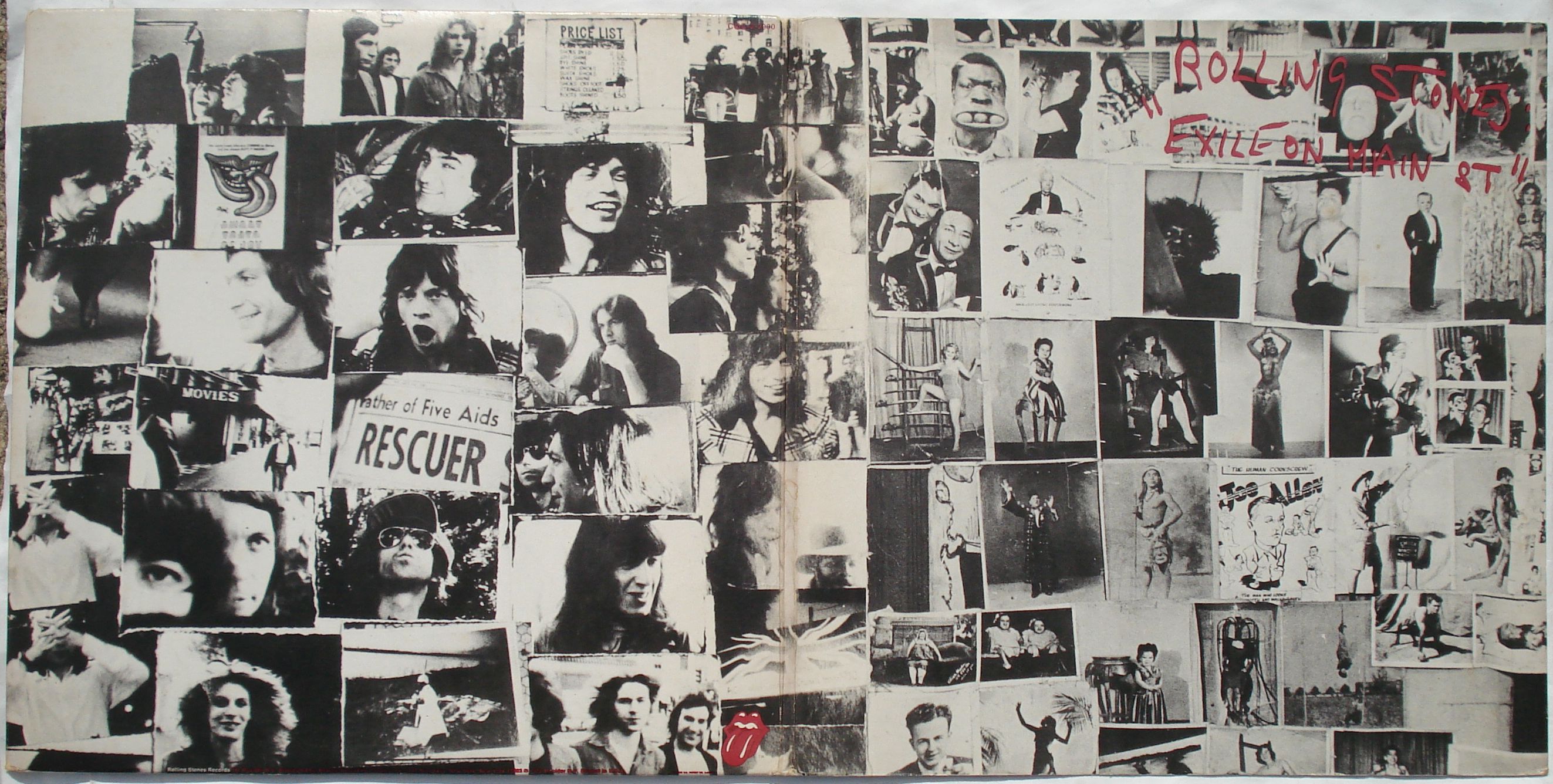My wife was telling me about some lame NPR piece she heard that started with news of Willie Nelson cutting his trademark long, braided hair. The news turned into a piece, she said, by some “kid” on most significant celebrity haircuts, or something like that. My wife thought it could be a fun story, but she was quickly put off by the correspondent’s reference to “back in the ’90s” and a description of Jennifer Aniston cutting off her long hair into a “layered bob.” This term really bugged my wife. “A ‘layered bob?!?!'” she complained, hours later. “How did this woman not know what a shag is, and if she’s some culture correspondent why didn’t she refer back to someone like Carol Brady?” She went on to tell me that the woman thought every celebrity hairdo was some variation on a bob. Keri Russell‘s shocking pixie haircut, for instance, was described as a “short bob.” At least the correspondent, according to my wife, did more than talk out her ass on Russell’s haircut, telling the story of her old tv show’s massive ratings dip following the haircut.
It was clear what my wife was getting at: This was a topic that needed to be discussed by the discerning minds of Rock Town Hall! So let’s keep it in the music realm, which we know and love best, and let’s get back to the beginning, considering the significance of Willie Nelson’s newly shorn locks. What are the most significant mid-career haircuts in rock? How did these haircuts change an artist’s fortunes, for better or for worse? How did these haircuts, perhaps, change the course of rock ‘n roll? Feel free to riff. We might uncover some important stuff.
All haircuts up for discussion must have taken place after the artist had already established his or her career. In other words, The Beatles’ groundbreaking moptop ‘do does not qualify because it was not a mid-career change in coiffure.
Continue reading »





